Overview of Migraines
It is common for people to get migraines, which are a type of headache. Those who do get migraines often have repeated attacks over the course of many years. A headache may be pulsating or throbbing, followed with nausea and changes in their vision. Some severe headaches are not migraines, and while most migraines are severe, there can be some that are mild.
Symptoms of a Migraine

Those who get migraines often find that they have pain on either one or both sides of the head. They usually have vomiting, loss of appetite and nausea. Bright light, activity, and loud noises can make the headache worse. This is why most migraine sufferers seek out somewhere that is quiet, dark and cool. These migraines can last anywhere from four to twelve hours. One symptom that is special to migraines is that most people have an unusual sensation right before the migraine occurs.
Preventing Migraines
There is little a person can do in order to prevent a migraine. However, you can discover what trigger these migraines and help to avoid these triggers. Some triggers include:
- Either using too much caffeine or cutting back on caffeine
- Certain foods and drinks that contain tyramine, sulfites, and monosodium glutamate.
- Stress. Reduce your anxiety levels.
- Hormone levels
- Lack of sleep. Get at least 8 sleep per night.
- Changes in weather or altitude
- Overuse of pain medications
Treating a Migraine
The frequency and severity of migraines are going to factor into what type of treatment that you receive. Those who just have a few of these migraines per year often treat this with pain relievers that they find over the counter. For those who two or more migraines per month, they may give medications to take daily. Other reasons why a person may be given prescription daily medications include:
- Not responding to over the counter medications
- The migraines are occurring too often
- The cost of these migraines including how they are affecting the work life of the person
- When a migraine may be accompanying with neurological symptoms
When to Call a Doctor
You should call your doctor if you start developing headaches that are different from the headaches that you have other times. Examples of when to call the doctor include:
- The headaches are getting worse with time
- The person suffering the migraine is over the age of 40
- These headaches start suddenly
- You pass out, lose vision or trouble walking or speaking
- You have suffered a head injury
